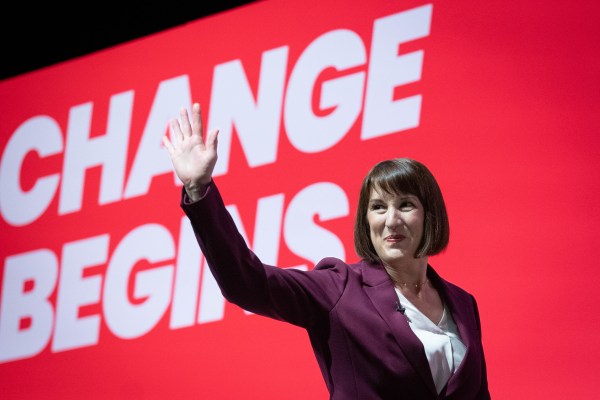Rachel Reeves warned a capital gains tax hike could trigger a market sell-off
Investors could begin offloading stocks ahead of the Budget this month amid rumours the Chancellor is preparing to hike the level of capital gains tax (CGT) paid on shares, analysts have warned. Rachel Reeves is set to use her inaugural budget on 30 October to lift by several percentage points the charge paid by investors [...]


Investors could begin offloading stocks ahead of the Budget this month amid rumours the Chancellor is preparing to hike the level of capital gains tax (CGT) paid on shares, analysts have warned.
Rachel Reeves is set to use her inaugural budget on 30 October to lift by several percentage points the charge paid by investors when they sell equity in a company, according to reports today.
While the charge currently sits at 20 per cent, this could rise by several percentage points in a move set to raise “low billions” for the Treasury, sources told the Times.
The government has been rolling the pitch for a series of “painful” revenue raising measures at the Budget to fill an alleged £22bn “blackhole” in the public finances, with capital gains tax seen as among the most likely measures to be tweaked.
However, City analysts have warned such a move could risk triggering a sell-off in shares or dissuade investors from selling to their assets in the long term as they look to dodge the punitive hike.
“In theory, heightened speculation about CGT rates could accelerate share sales among wealthier individuals and cause some volatility in the run-up to the Budget,” Russ Mould, investment director at AJ Bell, warned.
“If the rate change does happen, the most important thing for markets will be whether it comes into immediate effect on 30 October or the start of the new tax year. If investors have time to plan, we could see a steady trickle of portfolios being reshaped up until 5 April 2025 when the tax year ends, and that might weigh on markets over the next five or so months if there is a constant stream of selling.”
Suggestions of the charge have triggered furious pushback from businesses and investors around the country in recent weeks with warnings the move could erode the appeal of the UK as a place to do business.
Analysts at Hargreaves Lansdown said the charge had been wrongly construed as a tax paid by millionaires but the economy as a whole would be hit by the move.
“It’s all very well saying that millionaire entrepreneurs could take a capital gains tax hike on the chin, but these are far from the only people who would be hit hard by this tax rise,” said Sarah Coles, the firm’s head of personal finance.
“Hiking the headline capital gains tax rate could put people off investment altogether – and erect another barrier to entry for new investors.
“It might also stop people from selling current assets, because they’re worried about the tax. This could force them to make decisions that ultimately leave them worse off,” she said.
The Prime Minister Keir Starmer looked to calm speculation that the levy could be lifted to 39 per cent, saying in an interview this week the predictions were “someway off the mark”.
An HM Treasury spokesperson said: “We do not comment on speculation around tax changes outside of fiscal events.”




